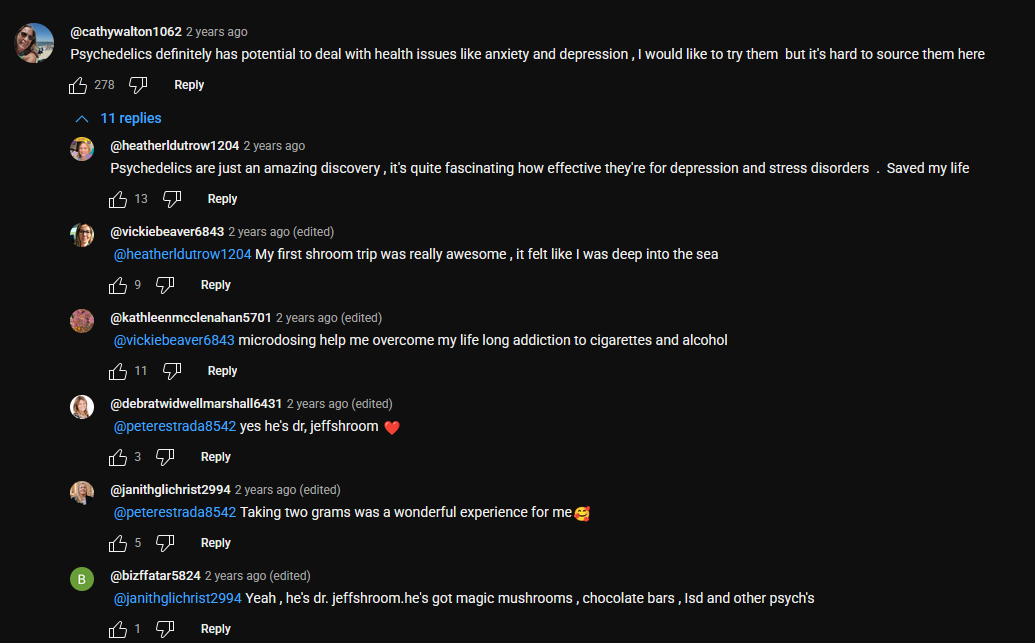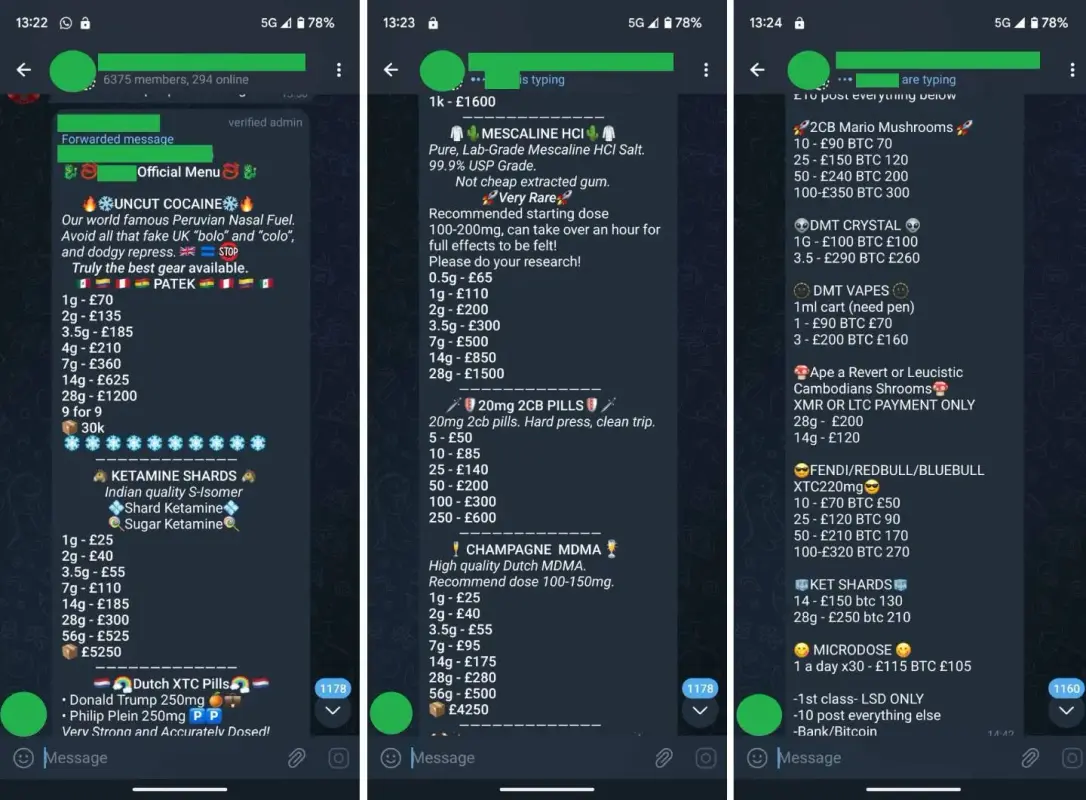Rule #1: The "Inbound" Red Flag
This is the single most important rule in the game: Legitimate vendors do not hunt for customers. They don't slide into DMs. They don't comment on YouTube videos. They don't follow you on Instagram.
The heuristic is simple: If they messaged you first, it is a scam. 100% of the time. Block and report.
The Telegram & Social Media Trap
Platforms like Telegram and Instagram are infested with impersonators. Scammers will clone a legitimate vendor's profile, copy their bio, and even steal their daily update photos. The devil is in the details.
- Username Spoofing: Scammers use usernames that look identical to a real vendor's but swap an 'I' for an 'l' or add a hidden character. Always check the exact @handle, not the "Display Name".
- "Menu" Channels: Be incredibly skeptical of "Menu" channels that link to other vendors. These are often run by scam networks cross-promoting their own fake accounts.
- The "Bot" Swarm: If you see a comment saying "Just got my package from [Vendor]!", check the account. 0 posts? Created this week? It's a bot.


Website Forensics: Beyond the Basics
Anyone can buy a Shopify or WooCommerce template. A good looking website does not always mean you're getting good stuff. You should ideally look at these things first.
1. The "Copy-Paste" Policy Test
Lazy scammers copy their "Terms of Service" and "About Us" pages from other templates. Copy a sentence from their FAQ and put it in quotes in Google. If 15 other "shops" pop up with the exact same text, you found a scam ring.
2. Domain Age vs. Claims
A vendor claims to have "5 Years in Business" but their domain was registered last Tuesday? Use a WHOIS Lookup tool. If the creation date doesn't match their story, they are lying.
3. Broken Links & Default Text, or plain broken listings
Click the social icons in the footer. Do they just reload the page? Click "Privacy Policy". Is it Lorem Ipsum Latin filler text? These are signs of a "burn site" setup quickly to scam a few people and vanish. Another common issue is when the vendor has many broken listings with wrong descriptions of the product or bad dropdown menu selectors for the product, AKA, say you're ordering tabs of acid and they've used the wrong template so the dropdown menu shows the drug in mg rather than the usual ug for measuring the dose.
The Reality of Payments
Understanding how money moves is your best defense. In the Canadian clearnet grey market, the standard is Interac e-Transfer or Crypto (Litecoin/Monero/Bitcoin).
- RED FLAG: PayPal "Friends & Family": Sellers ask for this because you cannot chargeback. It is the #1 tool for scammers. Never use it.
- RED FLAG: Gift Cards / Apple Pay: No legitimate business operates on Amazon Gift Cards. This is money laundering 101 for low-level grifters.
- GREEN FLAG: Monero (XMR): Vendors who accept Monero are often more serious about privacy and security (OpSec). It doesn't guarantee they are honest, but it shows technical competence.
Advanced Tactics: Selective Scamming & Exit Scams
This is what catches the veterans. A "Selective Scammer" is a vendor who actually ships product... sometimes.
- The Selective Scam: They ship all small orders under $100 to build a reputation. But if you place a bulk order for $500? They ghost you. Always warrant caution with large first-time orders, even if you saw positive reviews.
- The Exit Scam: A trusted vendor decides to quit the game. Instead of closing gracefully, they launch a massive "50% OFF EVERYTHING" sale, collect thousands of dollars over a weekend, and then delete their website. Never trust a sudden, desperate sale from out of nowhere.
The 2026 Price Reality Check (CLEARNET, NOT DARKNET PRICING)
If the price looks like a typo, it's a trap. Real psychedelics are difficult to produce or extract. There is a "floor price" below which no vendor can profit.
| Substance | The "Scam" Price | The Real Market Price (CAD) |
|---|---|---|
| LSD (Acid) | $2 - $3 / tab | $5 - $15 / tab (Bulk can drop to $4) |
| DMT (Freebase) | $30 / gram | $80 - $140 / gram (Extraction is labor intensive) |
| Psilocybin (Mushrooms) | $60 / oz (unless garbage) | $90 - $150 / oz (Depends on strain/quality) |
| Ketamine | $20 / gram | $60 - $100 / gram (Import risks are high) |
| MDMA (Molly) | $20 / gram | $50 - $90 / gram (Purity matters immensely) |
*Prices fluctuate, but deviation by >50% is a guarantee of fake product or a scam.
Final Verdict
If you have a bad feeling, listen to it. The market is huge. There is no need to risk your money on a sketchy site just to save $10. Stick to community-verified sources, verify URLs character-by-character, and never spend money you can't afford to lose. If you're ever in doubt with a shop, you can also contact it's owner to talk it out and ask for CoAs for confirming the purity of their products or legitimacy of their claims.
